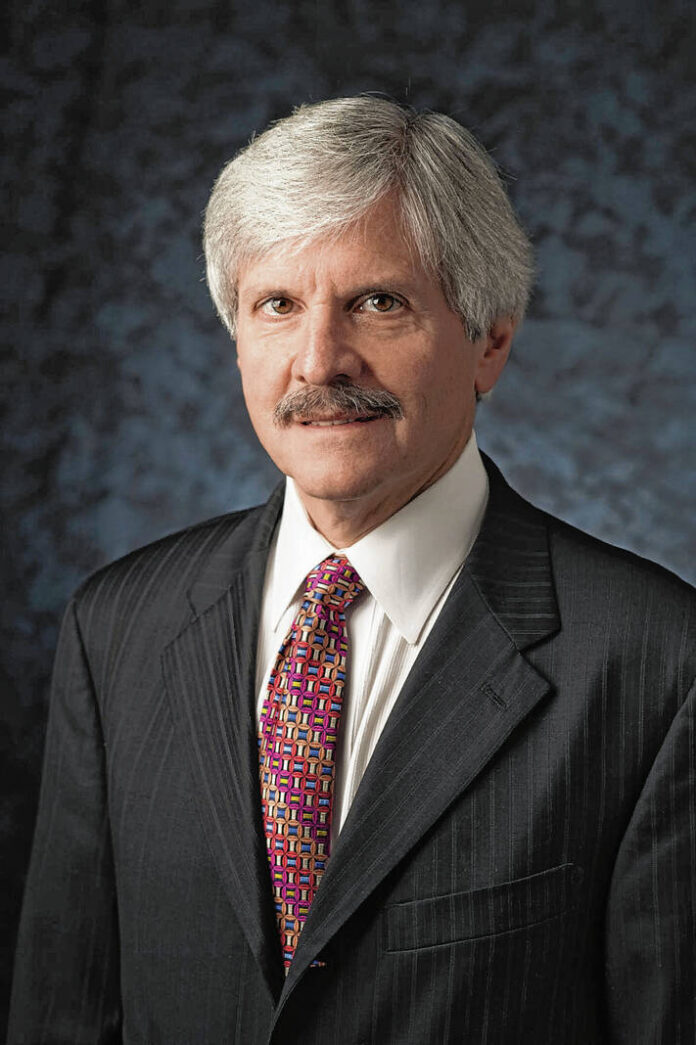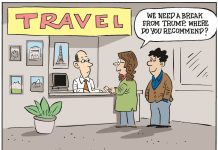In August 2021, Gov. Eric Holcomb established the Governor’s Public Health Commission. The charge of the commission was to analyze and advise state government on the current condition of Indiana’s public health system including its performance during the COVID crisis. The commission was to also identify ways, including legislative recommendations, to enhance public health funding, delivery of public health services, health equity, local health department sustainability, and emergency response capacity.
The commission issued a good report, but there is nothing that’s really innovative or cutting edge; Indiana is not ready for that. The report and its recommendations are conceptually based on just good fundamental public health principles. Indiana must start somewhere; it might as well start with the essentials.
The commission outlines the pathetic state of public health in Indiana from decades of neglect and underfunding. Indiana remains one of the nation’s unhealthiest states, ranking near the bottom in most any public health parameter. Indiana’s life expectancy is two years less than the national average.
Worse, there is a nine-year difference between the counties with the highest and the lowest life expectancies, highlighting Indiana’s geographic, ethnic, racial, and socioeconomic disparities.
Health insurance does not guarantee health. Public health is important. Twenty-five of the 30 years of increased life expectancy gained in the 20th century were accounted for not by medical advancements, but by public health measures that prevent disease and improve the conditions in which we live and work – vaccination; better housing, sanitation, nutrition, and food protection; safer working conditions; and very importantly, the promotion healthy lifestyles.
The report makes detailed recommendations to enhance six essential elements for good public health:
- Improve governance, infrastructure, and service delivery
- Expand public health funding.
- Cultivate a well-trained public health workforce.
- Modernize public health data collection and sharing to support better planning and delivery.
- Improve emergency response capacity, especially for local health departments.
- Enhance child and adolescent health through school-based clinics, health education, and prevention programs.
Unfortunately, the report did not address Indiana’s high infant and maternal mortality rates.
Some thoughts:
State funding, among the lowest in the country (45th), must be greatly increased to support local health departments to increase personnel, services, and capabilities. COVID really brought these limitations to light. Public health funding has traditionally been a low priority for the General Assembly.
The report includes the importance of local health departments developing broad community partnerships. Going a step further, I have long advocated for “Healthy Community” initiatives involving community leaders, business, government, nonprofits, hospitals, educational entities, religious groups and the medical community working together to evaluate the needs of the community and effecting positive change. The state should sustainably fund a Healthy Community initiative in every county.
Lastly, the commission recommended something I have always felt very desirable — regional local health department collaboration, partnerships, or possible consolidation.
The report includes a well-known important reminder from Benjamin Disraeli: “The health of the people is really the foundation upon which all their happiness and all their powers as a state depend.” As the report concludes, “Our poor health inhibits our economic performance, weakens our communities, and shortens the lives of too many Hoosiers. … We can and must do better.”
Indiana has counted very few public health triumphs. Will this report be shelved to collect dust? Or will the General Assembly meet the call?
Dr. Richard Feldman is an Indianapolis family physician and the former state health commissioner. Send comments to [email protected].





